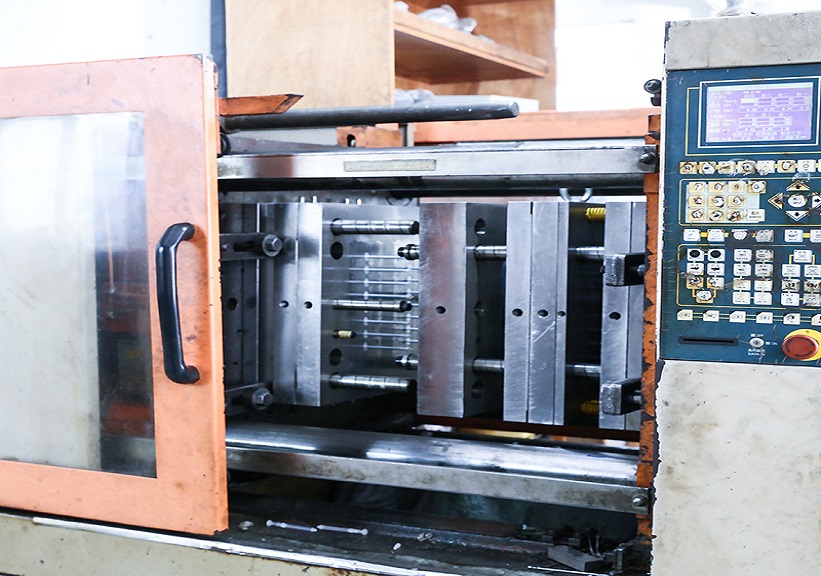How has the use of custom medical molds revolutionized the healthcare industry?
1. Enhanced Patient Comfort and Functionality:
Custom medical molds enable healthcare professionals to create personalized devices that precisely fit a patient's unique anatomy. Whether it's a prosthetic limb or a dental crown, these molds allow for the creation of highly accurate and customized products. This personalized fit enhances patient comfort, promotes better functionality, and improves overall quality of life.
2. Improved Treatment Outcomes: Custom molds contribute to improved treatment outcomes by ensuring better treatment planning, precision, and accuracy. For instance, in the case of dental implants, custom molds enable dentists to accurately position the implant, resulting in better stability and a more natural appearance. Similarly, custom orthopedic implants can provide optimal alignment and improved joint functionality, leading to enhanced patient mobility and reduced pain.
3. Faster and More Cost-Effective Manufacturing: Custom medical molds streamline the manufacturing process for medical devices, reducing both time and cost. By using molds specifically designed for each patient, manufacturers can avoid the need for extensive modifications and adjustments, resulting in quicker production cycles and reduced material wastage. This efficiency translates into cost savings, making personalized medical devices more accessible to a wider patient population.
4. Increased Prosthetic Customization: Custom medical molds have opened new avenues for the customization of prosthetic devices. With 3D scanning and printing technologies, healthcare professionals can capture precise measurements of an amputee's residual limb and create prosthetics that fit seamlessly. This customization not only enhances comfort but also allows for the incorporation of individual design preferences, giving patients a sense of ownership and boosting their confidence.
5. Advancements in Tissue Engineering and Regenerative Medicine: Custom molds play a critical role in tissue engineering and regenerative medicine. They facilitate the creation of scaffolds and templates that mimic the shape and structure of damaged or missing tissues. By using these molds, researchers and clinicians can guide the growth of cells and tissues, promoting the regeneration of organs and facilitating transplantation procedures.
6. Personalized Dental Solutions: Custom medical molds have greatly impacted the dental industry, enabling the creation of personalized dental solutions. From aligners and braces to crowns and bridges, these molds allow for precise fitting and customization, resulting in improved aesthetics, functionality, and patient satisfaction. Custom molds have also facilitated the development of computer-aided design and computer-aided manufacturing (CAD/CAM) technologies in dentistry, further advancing the field.

